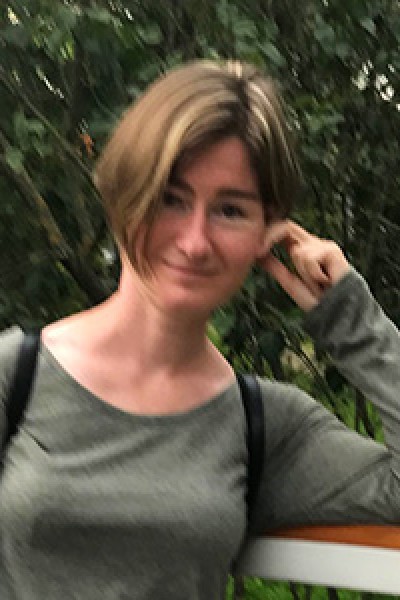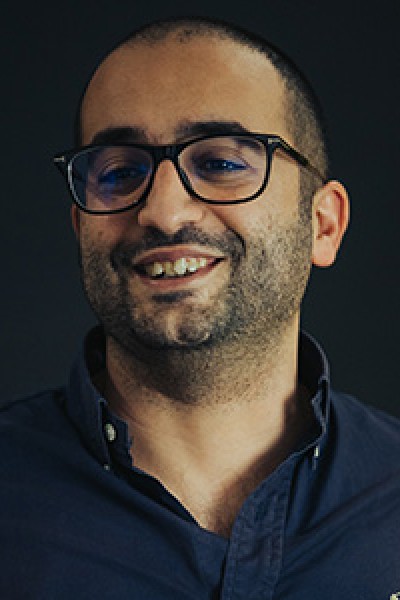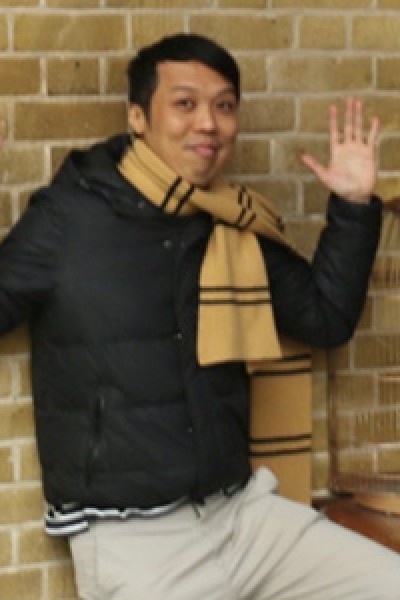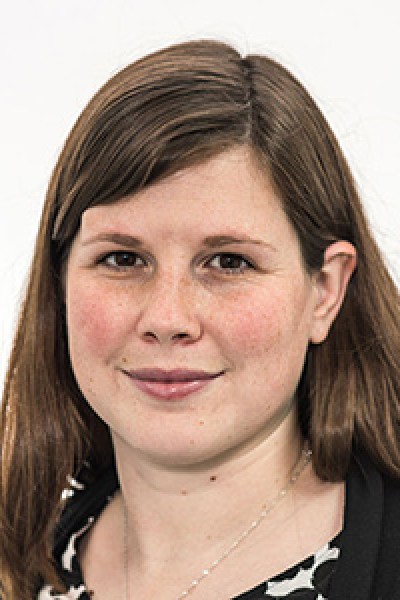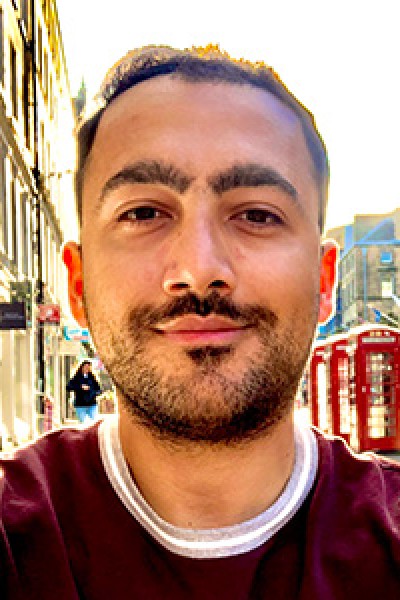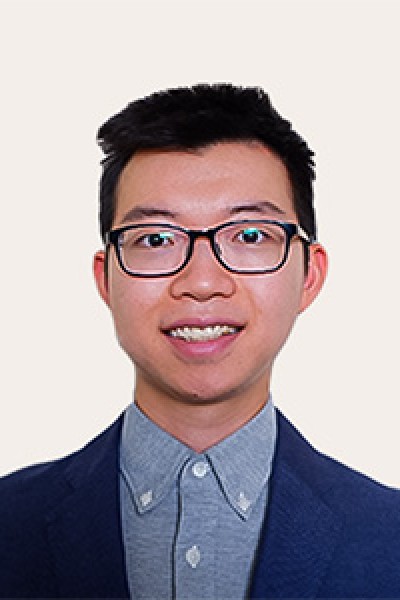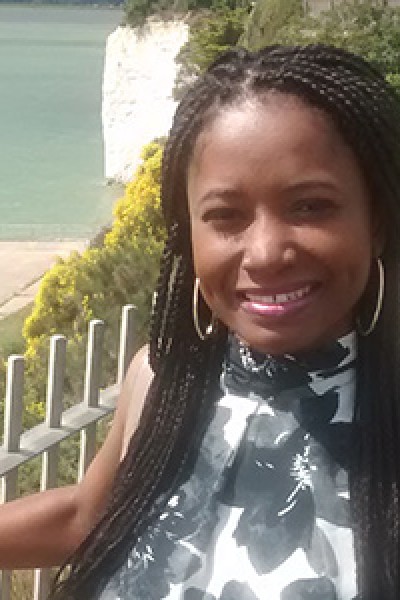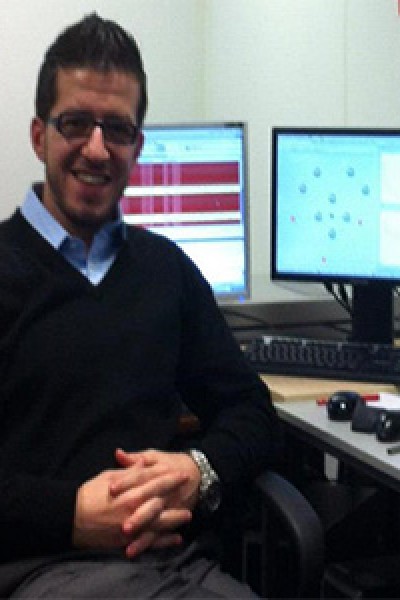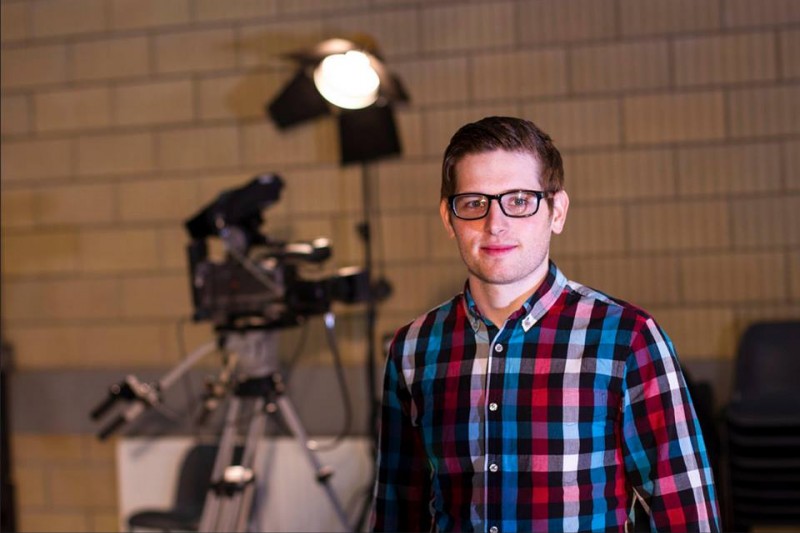Evgeniya Malikova
My PhD research
In my work, I explored the design of visual-auditory pipelines for the analysis of dynamic multiscale properties of heterogeneous objects that often have complex, hybrid representations. The proposed approach benefits from a combination of a graphics processing unit (GPU)-accelerated ray-casting, geometry, optical and auditory properties modelling. In my research, I discussed the application of modern GPU techniques in visualisation tasks and propose a framework that facilitates the design of a GPU-accelerated visual-auditory pipeline for dynamic multiscale heterogeneous objects analysis.
Career plans
Currently, I am a Research Assistant at Portsmouth University, in the UK and I contribute to the NEANIAS (https://www.neanias.eu) project. My research deals with the design of visual analytic interfaces for large-scale astrophysics data analysis and considers the extensive use of web technologies and high-performance remote rendering.
James Cassar
My PhD research
My research study focused on the association conference tourism market as a tool to rejuvenate mature destinations. Factors required by a destination to be competitive were explored, employing a holistic approach, whereby all stakeholders’ views were included in the study’s primary research. This distinguished the study from previous research, that focused only on one or a limited number of stakeholders.
A questionnaire of association conference delegates was undertaken to explore the importance of contemporary factors and identified new elements influencing delegates’ decisions. Subsequently, a Delphi study was used to examine the perspectives of different conference stakeholders including delegates, associations, conference centres, conference bureaus, accommodation venues, academic experts, and industry experts. Expectations related to traditionally important factors have changed, and newly emergent trends are shaping the conference tourism sector. These include factors related to technology, greening, accommodation, conference facilities, networking, safety, and conference experience.
From these findings, an Association Conference Destination Viability Model was developed, outlining the crucial factors which influence the conference site-selection process. The same findings were presented in a different format as a Competitive Conference Destination Toolkit, intended for destinations and conference practitioners. The Model and Toolkit successfully outline how conference decision factors have changed in recent times, and also assist mature destinations and any interested stakeholder or destination to understand the prerequisites needed and guidelines to follow to become successful conference destinations.
Career plans
Having completed my PhD and researched conference tourism, I plan to make use of this knowledge. Firstly, as the director of an international events company, I shall apply this knowledge to enhance the assistance given to all international conferences and expos that consult our companies to improve attendance and select a conference destination. This knowledge shall allow me to expand our international boundaries further in 2022 including expos and conferences located on all continents around the world.
Furthermore, I plan to continue researching conference tourism, as well as events tourism, which is close to my heart. This will also allow me to help students who are looking to focus on events and conference tourism as their main area of study, as a tutor and visiting lecturer at the University of Malta, where I reside.
Krystalli Glyniadakis
My PhD research
My research focused on a little-known event in the Ottoman Empire, the ousting of the Greek Orthodox population of the port town of Foça in June 1914. I have built an interactive documentary (i-doc) that explores both the events and their impact on future generations of Greek refugees and Turkish inhabitants of Foça. The documentary is enriched with original archival material, video interviews, original photographs, as well as interviews with historians – for the necessary larger historical background – and it aims at exploring the ways in which i-docs can make History sexy to larger audiences, and the way History can inform i-doc designers with its precise, cross-referencing demands.
Career plans
Currently, I am taking the Phocaea1914.org i-doc to as many festivals as possible and showcasing the potential of i-docs for rigorous historical research. I work as a non-fiction editor in a publishing house in Athens, Greece, and I am currently editing Dr. Emre Erol’s (of Sabancı University) book on the 1914 events in Foça (Phocaea). I am also working on my fourth poetry collection (I was the Poet Laurate for Greece in 2018) in Greek.
Monsak Chaiveeradech
My PhD research
My research focused on digital media literacy in the context of ‘Sati’ (mindfulness) as a thesis topic, and I investigated the relationship between the three keywords of ‘Sati’ (mindfulness), critical thinking, and digital media literacy. In particular, how the digital media literacy concept can be bridged to the concept of ‘Sati’ (mindfulness) in a Thai context. The purpose of this research study is intended to articulate new knowledge that approaches the way of the Western conceptual framing of digital media literacy and how it needs to be both ‘localising’ and itself, ‘Sati’ (mindfulness) to develop ‘diverse approaches’ to establish digital media literacy in Thailand.
Career plans
Now I’m back in Thailand as a Lecturer at the Faculty of Journalism & Mass Communication, at Thammasat University. I plan to continually develop the thesis’ contributions for expanding new research studies to strengthen the concept of digital media literacy with ‘Sati’ (mindfulness). Additionally, I plan to share and exchange knowledge among academics at both national and international educational institutions to cultivate digital media literacy in Thailand.
Malika Felton
My PhD research
My PhD research was multidisciplinary, spanning both physiology and maternity care. I investigated the short-term cardiovascular responses to slow and deep breathing in pregnant women to understand its potential beneficial effects on blood pressure. Unfortunately, Covid-19 put a pause on our clinical study to investigate whether daily practice of slow and deep breathing can support the treatment of women who develop pregnancy-induced hypertension, but I plan to continue this research once additional funding is secured.
Career plans
After submitting my PhD I completed a post-doc role at the University of Exeter working with the Moving Through Motherhood research team. We are using co-design processes to work with pregnant women, new mothers, and relevant stakeholders to improve the information women receive about physical activity before, during, and after pregnancy. I am now working as a Lecturer at Bournemouth University in Health and Exercise Physiology and looking forward to continuing my PhD research topic and working with the Moving Through Motherhood team on the next steps of our project.
Mohammad Naiseh
My PhD research
My research trajectory is to explore how we can improve the understandability of underlying Artificial Intelligence (AI) algorithms through explainability, transparency, and user-centred design. I worked on this thesis titled “C-XAI: a design method for Explainable AI interfaces to enhance trust calibration”. The thesis proposed C-XAI which is a design method to support software engineers in developing explainable AI interfaces. C-XAI can help software engineers to detect potential users’ errors while working with an AI. It can also provide a set of potential solutions to mitigate these errors.
Career plans
I am now a Research Fellow at the University of Southampton within the Faculty of Engineering & Physical Sciences.
I work in the Trustworthy Autonomous Systems Hub (TAS-Hub), supporting and leading work packages in two agile projects: 'Inclusive Autonomous Vehicles', and 'Trustworthy Human-Swarm Partnerships'. I am interested in how humans engage with autonomous systems, specifically, how autonomous systems can explain their behaviour to human operators in a meaningful and understandable way.
Furthermore, I am a mixed-methods researcher. I run experiments, leverage statistics and machine learning techniques, and conduct qualitative user research to generate recommendations for technology design. Also, I have a keen interest in studying user trust, which I define as a crucial requirement of deploying AI-based solutions in real-world problems as it has dynamic nature (over-trust and under-trust). I focus on the principles, methods, and tools needed to engineer trust-aware technology to calibrate trust in such technologies.
H T Le Woods
My PhD research
Motivated by the global obesity epidemic, my PhD research probed into the relationship between food and health. I was looking at the evolution of calorie consumption for 118 countries over the past 50 years. Applying an innovative statistical technique, I was able to classify countries into groups corresponding to various dietary types and dietary trends.
Further analysis was conducted to assess which dietary characteristics most resemble each group, how healthiness measures differ between groups, and how these have changed over time. Among several important findings, I found that even though we are living longer, we are not necessarily living healthier.
Career plans
I have always been passionate about education and therefore pursuing a career in academia cannot be a better choice for me. After my PhD Viva, I returned to Vietnam and joined the Faculty of Finance and Banking at the University of Economics & Business (National University of Vietnam) as a Lecturer in Public Finance. Currently, I’m involved in delivering finance-related modules and offering workshops on how to manage personal finance for university students.
Besides teaching, I enjoy conducting research and I’m planning to expand my research interest to topics such as Covid-19 and fiscal policy response, banks’ earning management, and investor sentiment.
M White
My PhD research
My research sought to identify how to improve the outcomes and experiences of patients with dementia in hospitals. I identified factors associated with the hospital stay of patients with dementia. Longer hospital stays may result in patients, for example, being vulnerable to healthcare infections. I used a systems perspective (i.e. policies, equipment, relationships, and environment) to understand how to reduce falls and improve the discharge planning process. I developed falls and discharge support bundles to be used in conjunction with current protocols.
An online survey on the Join Dementia Research and hospital websites indicated that people with dementia, their carers as well staff agreed with the contents of the support bundles.
Career plans
I should like to pursue a career in academia or patient-focused research. I would like to motivate and encourage students to develop their potential. A career in patient-focused research will enable me to help improve the experiences and outcomes of patients. I am currently working on publishing aspects of my research in academic journals. This will hopefully broaden our current understanding of dementia care.
Hayder Rashid Hammood
My PhD research
My PhD research was in Cyber Security. We know that the immune system helps overcome certain imminent threats to humankind, by learning the different danger signals and updating the system so it prevents future infections. Inspired by the natural immune system, Artificial Immune System (AIS) was born.
On the other hand, the internet infrastructure is a complicated and widely detailed structure. Though, the internet is relying on using one protocol to secure connections between different internet providers, that protocol being Border Gateway Protocol (BGP).
Given the importance of BGP in our daily lives, it is necessary to improve its security to withstand different attacks. Therefore, my research was focused on implementing AIS to BGP.
